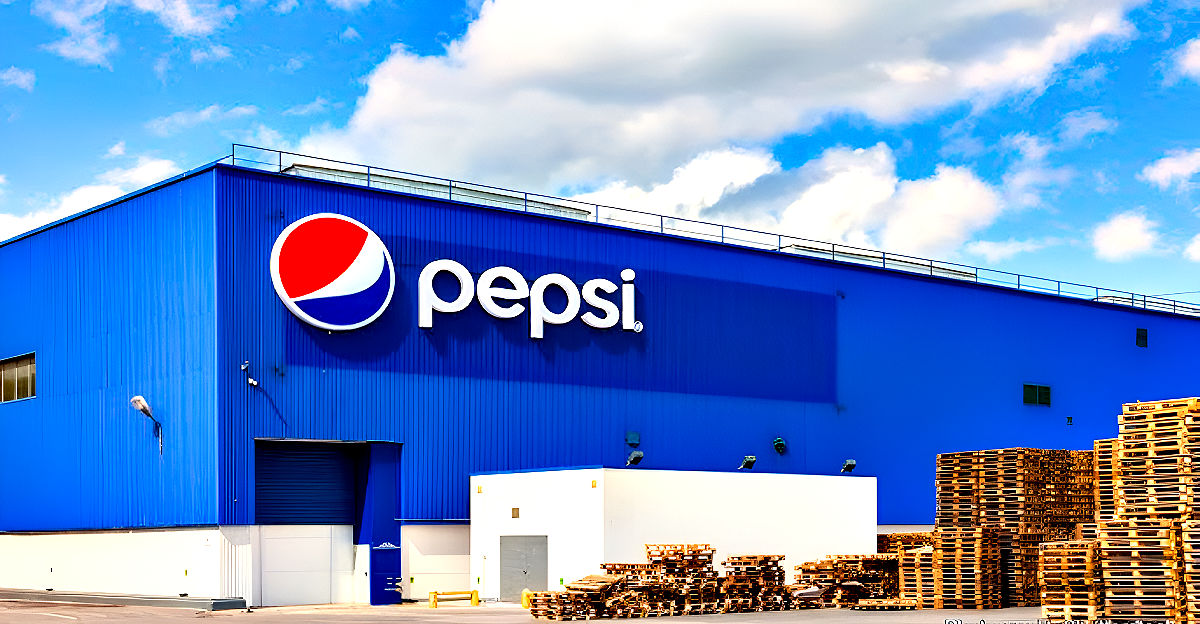
According to CBS News, PepsiCo has announced plans to shut down production, maintenance, and transportation operations at its longtime Detroit plant on September 27, 2025. This is a massive turning point for the city’s manufacturing sector.
The closure affects many employees while also raising questions about the future of local jobs and economic stability.
Why Is PepsiCo Closing Its Detroit Plant?
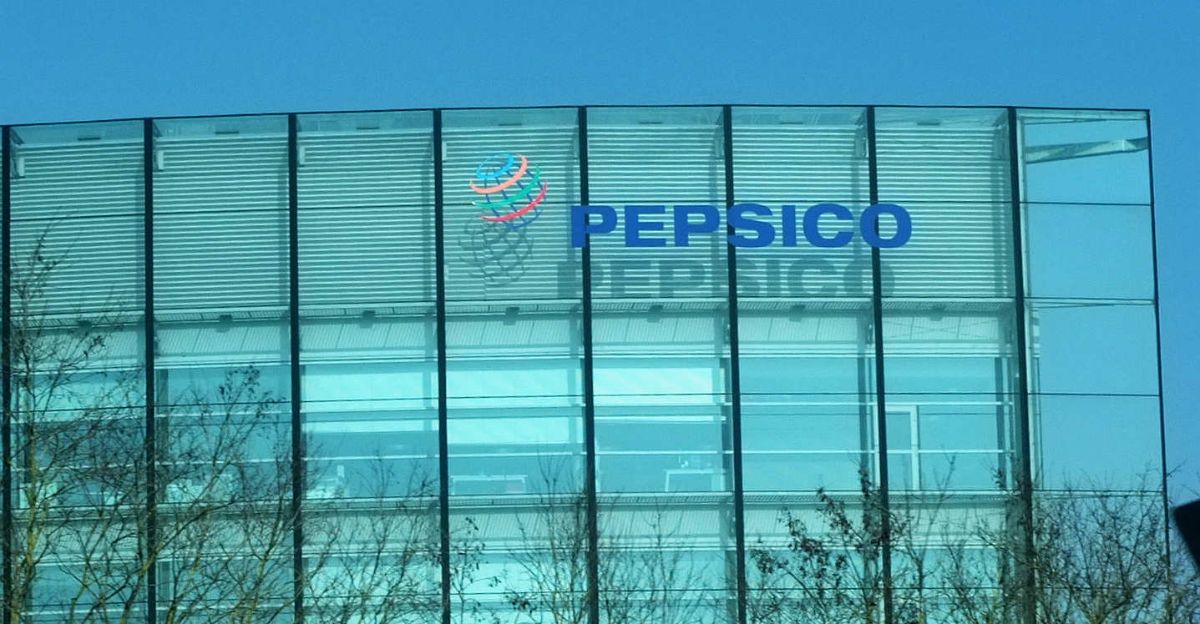
PepsiCo has announced that this decision is a result of declining beverage sales and a strategic focus on operational efficiency.
The company is consolidating production to cut costs and adapt to shifting consumer preferences, including a move toward healthier drinks. This mirrors recent shutdowns in other major U.S. cities.
Detroit Consumers Face Change
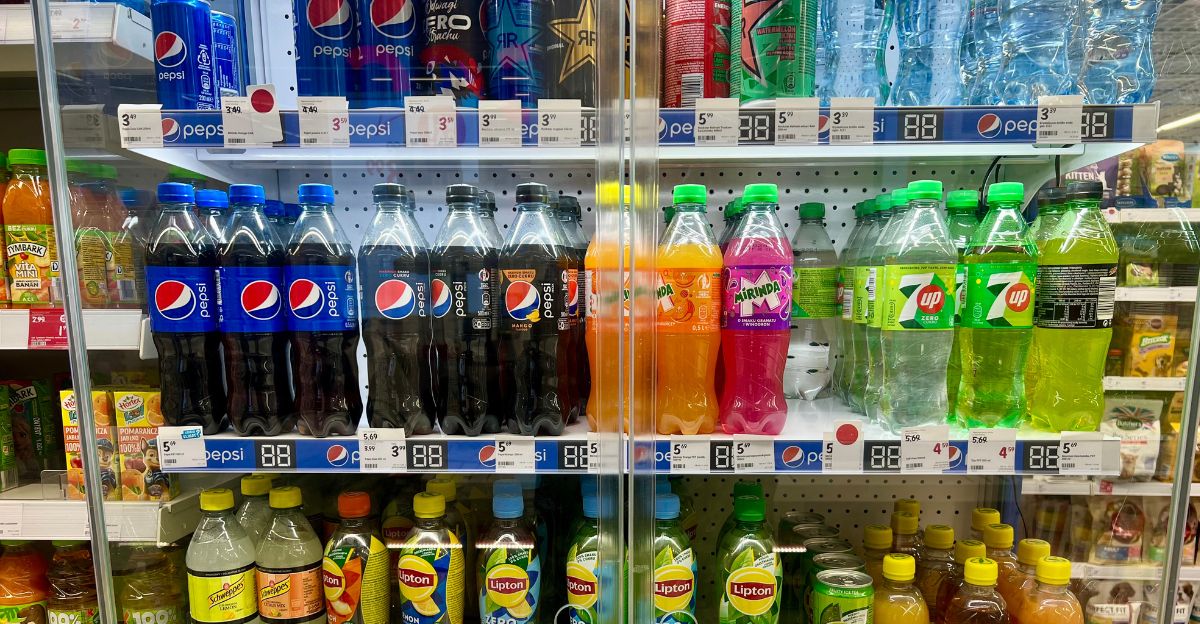
Soon, Detroit residents might notice fewer locally produced Pepsi beverages on store shelves.
While warehouse and delivery operations continue, the loss of local production could affect product availability and freshness, prompting consumers to look for alternatives or adjust their brand loyalty.
PepsiCo’s Broader Strategy

PepsiCo’s closure of the Detroit facility is part of a nationwide trend, following similar shutdowns in Chicago, Atlanta, Cincinnati, and Harrisburg.
The company is reallocating its resources to more profitable or strategically located plants, aiming to streamline its North American operations and boost its productivity.
83 Workers Lose Their Jobs
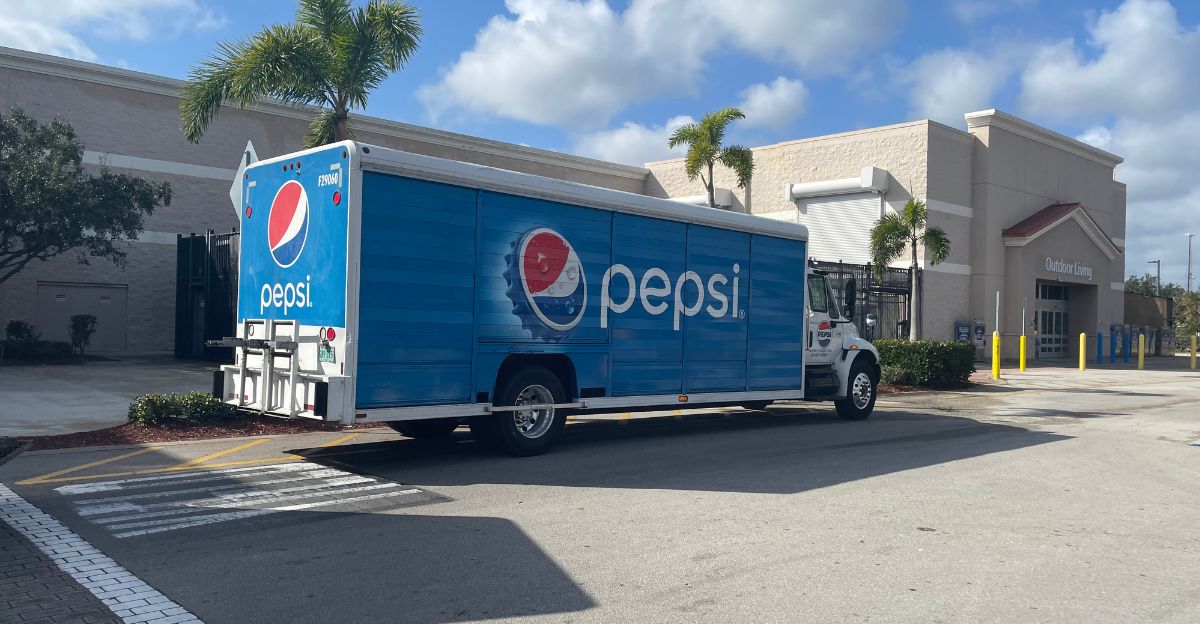
PepsiCo will lay off exactly 83 employees at its historic Detroit bottling plant, including 51 skilled operations technicians who have spent years mastering the complex machinery that keeps America’s second-favorite cola flowing to millions of consumers.
This devastating number represents the definitive end of an era for Detroit’s proud manufacturing workforce and industrial heritage.
Union Workers Face Uncertain Future

Among those directly affected by these layoffs, 11 dedicated employees represented by Teamsters Local 337 and Operating Engineers 324 now face the added legal complexity of navigating union bidding rights, seniority systems, and contract provisions.
All of this is happening during a challenging transition period, as these employees seek alternative employment opportunities in an increasingly competitive labor market with fewer manufacturing positions available.
Not a Complete Shutdown—Yet

While core manufacturing, transport, and maintenance operations will completely cease by late September, PepsiCo corporate officials maintain that essential warehouse, fleet management, delivery services, sales operations, and field service teams will continue operating from the massive 1555 Mack Avenue location.
However, future expansion plans remain highly uncertain, and long-term job security cannot be guaranteed for remaining employees.
The Financial Pressure Behind the Decision

PepsiCo’s North American beverage sales have dropped by 3% in consecutive quarterly reports, with the multinational company’s overall net income dropping a concerning 5% to $2.9 billion amid dramatic shifting consumer preferences away from traditional sugary drinks toward healthier alternatives.
This has created intense financial pressure for operational cost reductions, facility consolidations, and workforce restructuring across all divisions.
Detroit’s Manufacturing Decline Accelerates
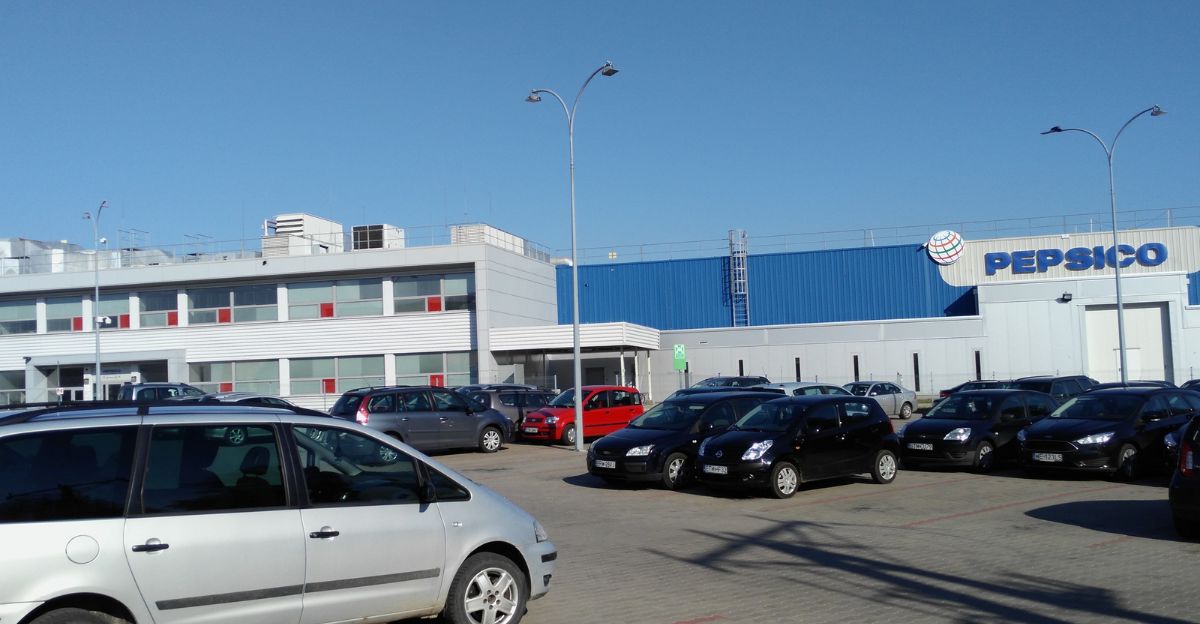
The Pepsi shutdown is the latest blow to Detroit’s struggling manufacturing scene.
In 2025, auto industry cutbacks, supply chain disruptions, and economic uncertainty have already erased thousands of well-paying jobs, further weakening Detroit’s fragile manufacturing base, slowing long-term recovery, and adding new pressures on community stability.
Nationwide Plant Closures

This plant closure isn’t an isolated incident. In 2024, PepsiCo closed or announced closures at major facilities in Cincinnati, Chicago, Atlanta, and Harrisburg, resulting in the loss of nearly 400 manufacturing jobs.
Now, with more Frito-Lay plants set to close in 2025, the company is pressing ahead with a nationwide consolidation effort that prioritizes efficiency over job security and local investment.
The Human Cost of Corporate Consolidation

In today’s economy, displaced workers, like the ones at Detroit’s plant, often face severely limited employment options.
Many lack the specialized technical skills demanded by other growing industries, and at average ages over 45, comprehensive retraining programs present significant financial and practical challenges for workers supporting families, mortgage payments, and long-term financial obligations while competing with younger candidates.
PepsiCo’s Strategic Pivot

The company is rapidly consolidating its North American operations, combining its beverage and snack divisions, ramping up automation, and pouring resources into international markets where consumer growth remains stronger.
This restructuring prioritizes shareholder profits over American manufacturing jobs and community stability in struggling industrial cities facing economic transformation challenges and declining population bases.
Empty Promises of Support

PepsiCo executives have publicly promised to help affected workers find positions at other company facilities and provide 60 days of pay and benefits during the transition.
“Our warehouse, fleet, delivery, sales, and field service teams will continue to operate at this location,” the company stated. “We are committed to supporting those impacted through this transition, and we are offering pay and benefits to impacted employees.”
However, similar corporate promises at other recently closed plants have consistently yielded disappointing and limited results, leaving displaced workers cynical about genuine corporate support and skeptical about long-term assistance with career transitions.
The Mack Avenue Corridor’s Transformation
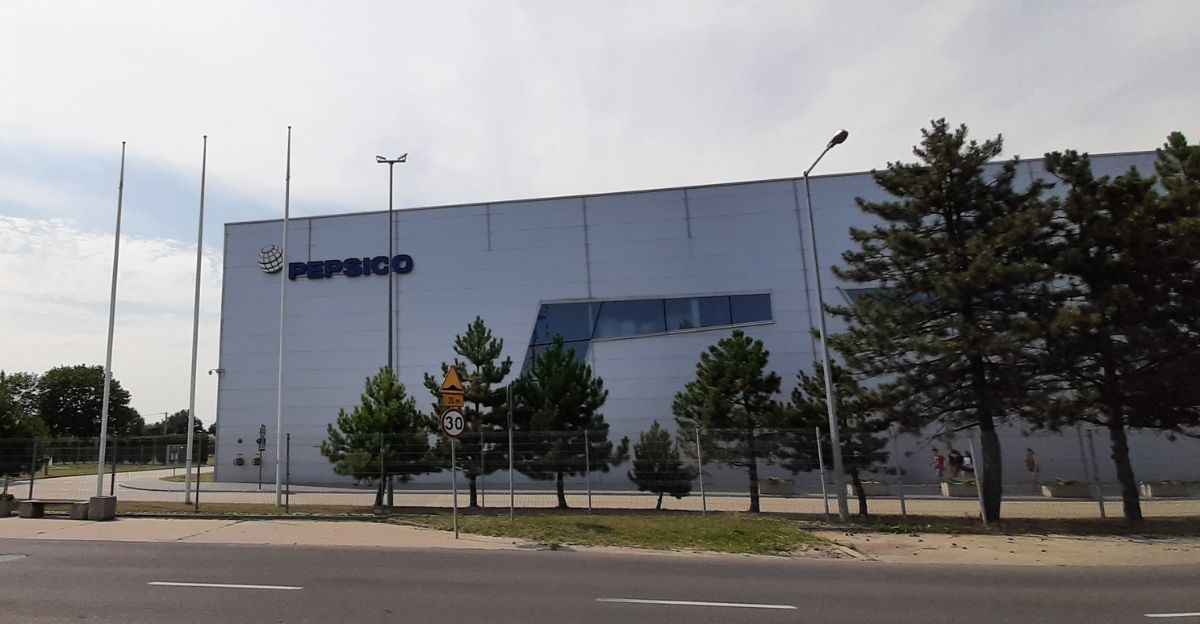
Once home to numerous thriving manufacturing giants that employed thousands, the historic Mack Avenue industrial corridor has witnessed Chrysler’s expansion while legacy manufacturers like Pepsi systematically retreat from Detroit.
This dramatic transformation serves as a stark microcosm of Detroit’s uneven and unpredictable economic recovery following decades of industrial decline, urban decay, and population loss throughout the region.
Tariffs and Trade Wars Take Their Toll
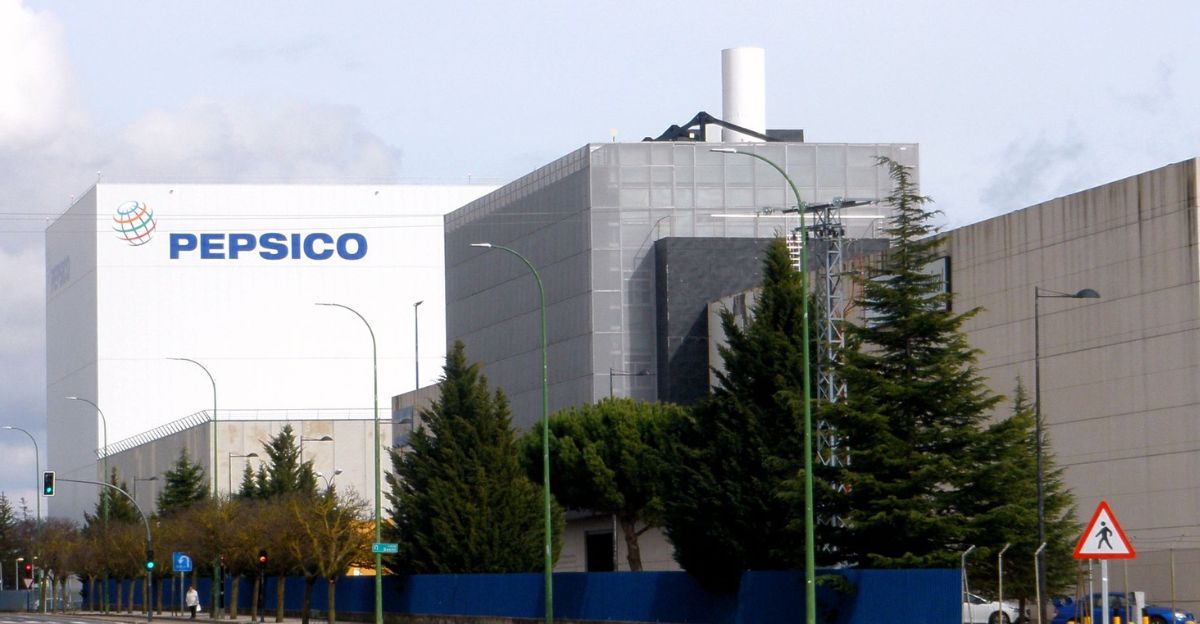
Local business leaders have blamed President Trump’s controversial tariffs as a significant contributing factor in rising operational costs and supply chain disruptions throughout the region.
Detroit Axle announced cutting 100 manufacturing jobs just weeks before Pepsi’s announcement, showing the broader economic pressures that Michigan manufacturers, industrial workers, and supply chain companies throughout the Great Lakes region are facing.
The Sustainability Excuse

PepsiCo corporate executives often point to sustainability initiatives and operational efficiency as reasons for shutting down plants.
However, labor critics and union representatives have noted that these strategic plant closures often conveniently coincide with union contracts coming up for renegotiation and expensive pension obligations reaching maturity, suggesting that alternative financial motivations drive corporate decision-making processes.
What Happens to the Facility?
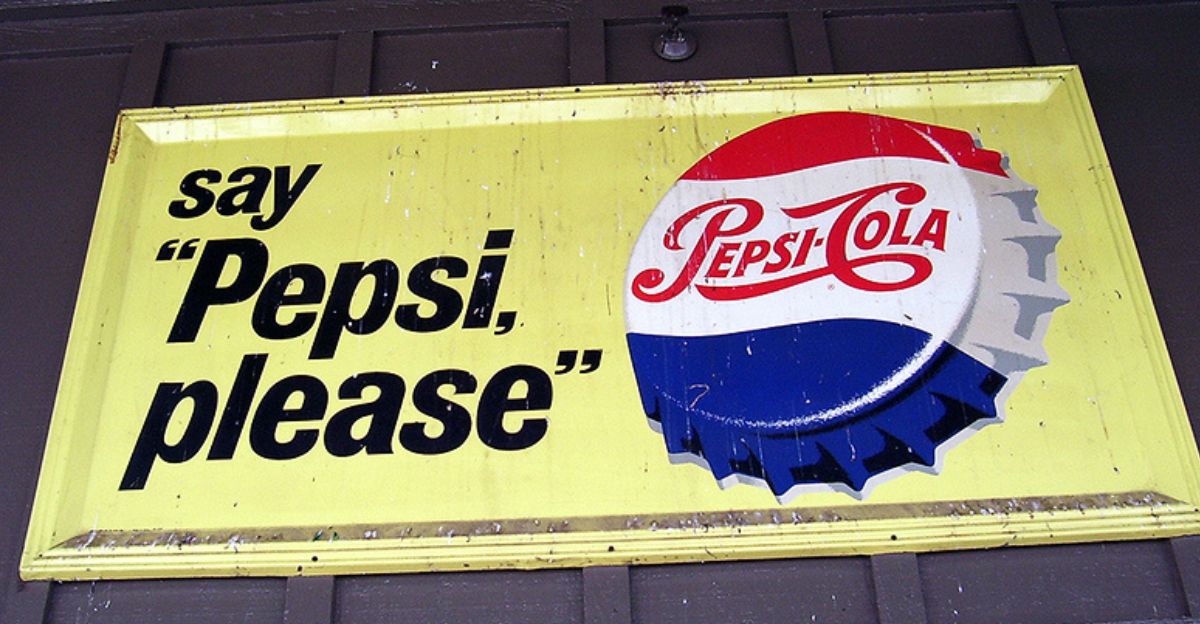
The massive Detroit manufacturing plant, strategically positioned with prime access to Interstate 75 and major transportation networks, will likely attract significant redevelopment interest from investors and developers.
But whether any future tenants can match the solid wages, benefits, and long-term stability that PepsiCo once provided remains highly unlikely, given current economic trends and market conditions.
The Consequences on the Local Economy
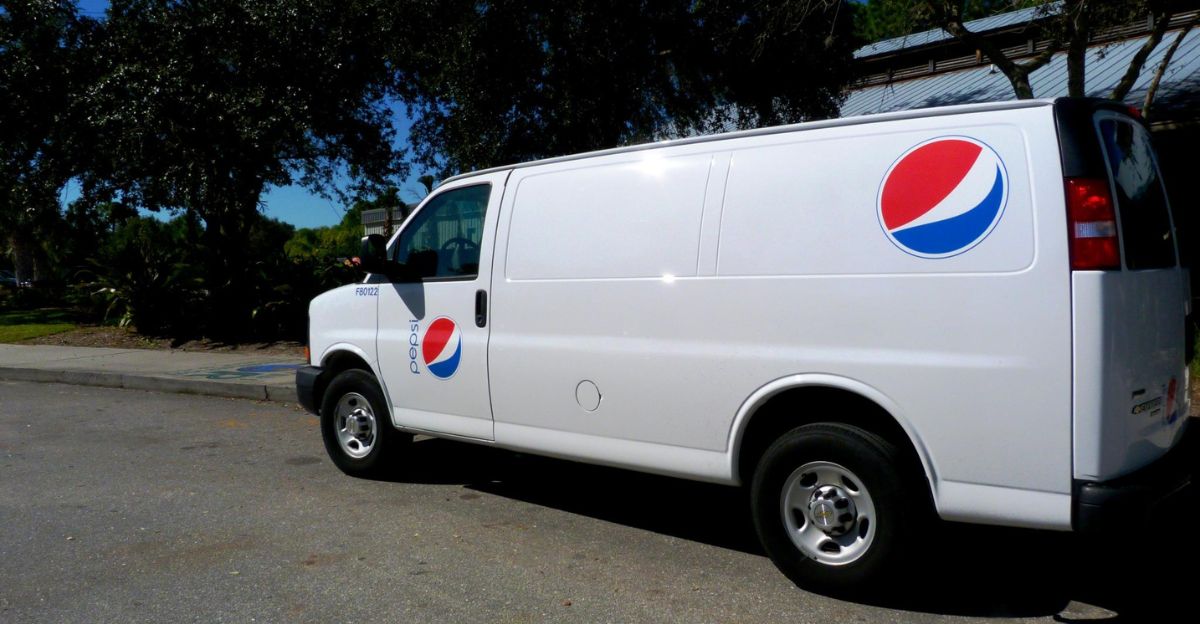
According to economic research, each lost manufacturing job typically supports 2 to 3 additional service sector positions in the surrounding community through spending and economic activity.
This economic multiplier effect means the true devastating impact could affect more than 250 families across metro Detroit’s already fragile economy and struggling neighborhoods, which are facing ongoing revitalization challenges and population decline.
A Pattern Repeating Across America
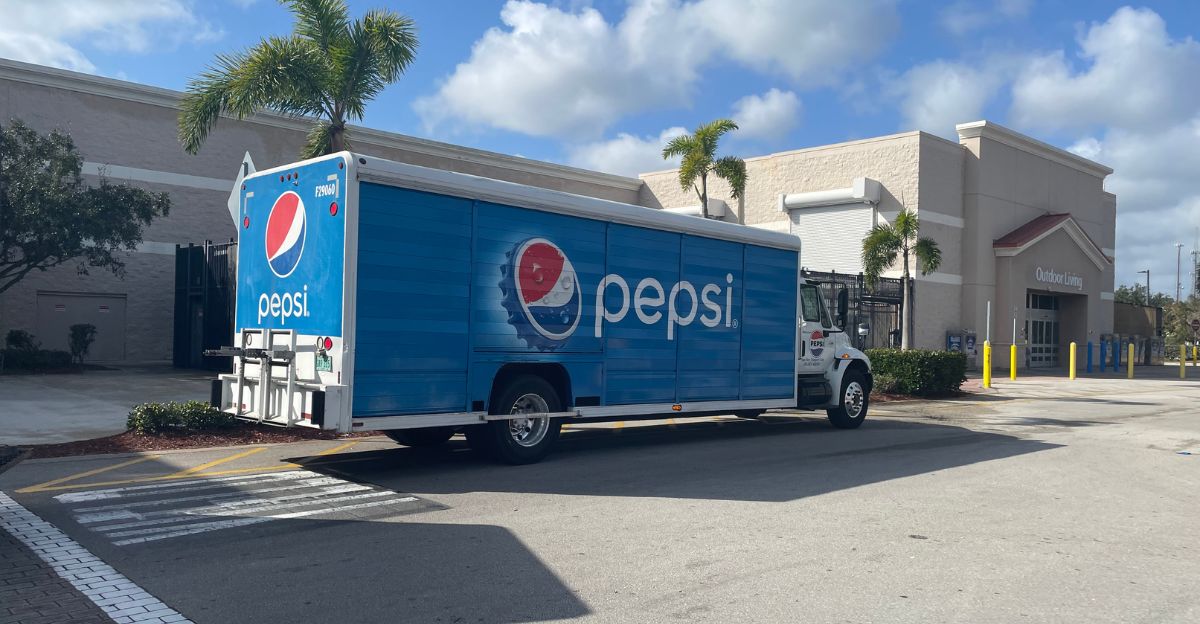
From food processing to auto production, American manufacturers across multiple industries are steadily consolidating operations and cutting domestic jobs.
This is leaving behind devastated communities that built their cultural identities, economic foundations, and generational prosperity around these massive industrial anchors that once defined American manufacturing strength, middle-class prosperity, and stable employment for millions.
The Question Detroit Can’t Escape

Is PepsiCo’s exit from Detroit manufacturing after 80 years of community partnership truly a rational business decision driven by market forces?
Or is it simply another tragic chapter in the slow, methodical abandonment of American industrial communities?